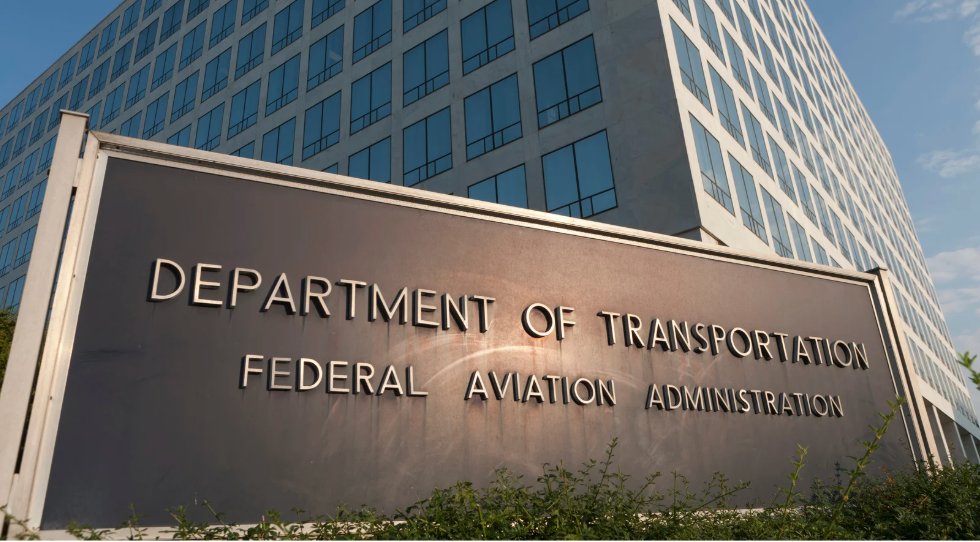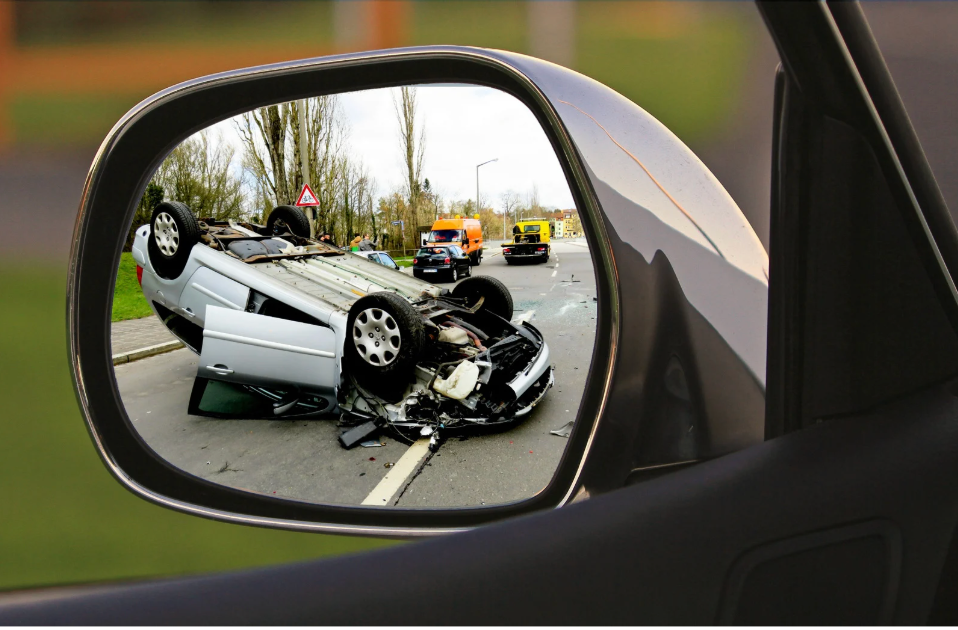Why Are Texas Motorcyclists At Risk for Serious Injuries?
David K. Wilson & Associates
July 8, 2019
There is nothing quite as thrilling as riding a motorcycle in the state of Texas. No matter where you ride in the Lone Star State, you are in good company. There are more than 4430,000 registered motorcycles in the state, making it the state with the 3rd highest motorcycle population. Unfortunately, more motorcycles on the road could mean more accidents.
In 2016, 5,286 motorcyclists were killed in traffic accidents across the United States. This represented a 5.1% increase in fatalities from 2015. Per vehicle mile traveled, motorcyclists are more at risk than passenger car occupants. In fact, motorcycle fatalities occur 28 times more frequently than passenger car fatalities. Why? Unlike cars and trucks, motorcycles don’t offer their riders any protection from the violent forces of a crash. There are no airbags, reinforced steel frames, or seat belts offering safety and protection. As such, when an accident occurs, the motorcyclist often suffers serious and life-threatening injuries.
One recent Texas motorcycle accident highlights the dangers bikers face on a daily basis. In June, a motorcyclist was headed eastbound on East Abram Street when a pickup truck turned into the rider’s path. The motorcyclist collided with the pickup truck at the intersection and was thrown from the bike. While neither of the truck’s occupants suffered injuries, the motorcyclist was pronounced dead at the scene of the crash. He was not wearing a motorcycle helmet at the time of the accident.
That same week, a motorcycle crash in Amarillo, Texas left a 34-year-old motorcyclist with life-threatening injuries. The motorcyclist lost control of his bike while trying to merge onto I-40. He crashed into the rear bumper of a large box trailer that was being pulled by a semi-truck and sustained serious and critical injuries.
Motorcycle Injuries Are Often Severe
Bikers aren’t just involved in fatal accidents more often, they’re also more likely to be injured in a collision than passenger car occupants. In fact, according to the National Highway Traffic Safety Administration, motorcyclists are five times more likely to be injured in a collision. Even when motorcyclists take all the necessary precautions and ride safely, devastating accidents still occur. These accidents can cause numerous injuries that include:
- Traumatic brain injuries
- Spinal cord injuries
- Fractures
- Road rash
- Amputation and disfigurement
- Internal organ damage
- Back injuries
- Lower extremity injuries
Due to the severity of these injuries, and the long-term complications they can follow, injured motorcyclists need an experienced law firm on their side from the moment they’re injured. An experienced Texas motorcycle accident attorney can help you seek compensation for your medical expenses, lost wages, loss of future earnings, property damage, and pain and suffering. Without a lawyer on your side, however, you may not recover the compensation you need.
Our Motorcycle Accident Law Firm Is On Your Side
At David K. Wilson & Associates, our Texas motorcycle accident lawyers know that injured bikers need experienced legal representation from the start. Bikers often face unfair biases when trying to collect compensation for their injuries. Insurance companies are also reluctant to pay injured motorcyclists what they need to fully recover. That’s why we fight so aggressively for our clients. We know how to fight insurance companies and win!



